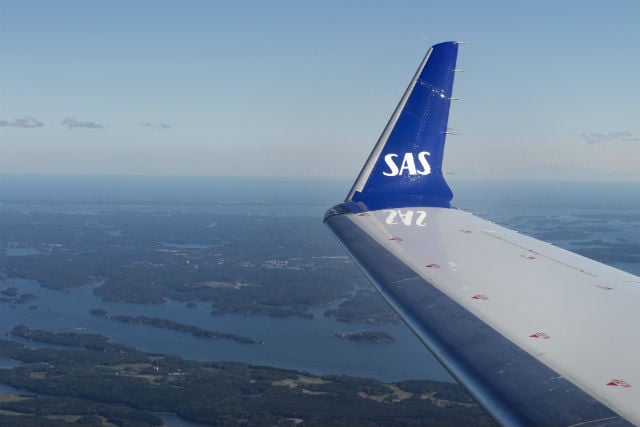The SAS Pilot group, which represents almost all (95 percent) of the airline's pilots in Sweden, Denmark and Norway, has given notice of a strike if a compromise cannot be reached.
If the strike went ahead, Easter travel would not be affected, but it would begin from midnight on April 26th.
The SAS Pilot group has said that their salary requests are in line with the market rate.
- SAS cancels 700 flights in three months due to staff shortages
- Scandinavian pilots threaten autumn strike
READ ALSO: Why are strikes so rare in Sweden?



 Please whitelist us to continue reading.
Please whitelist us to continue reading.
Member comments